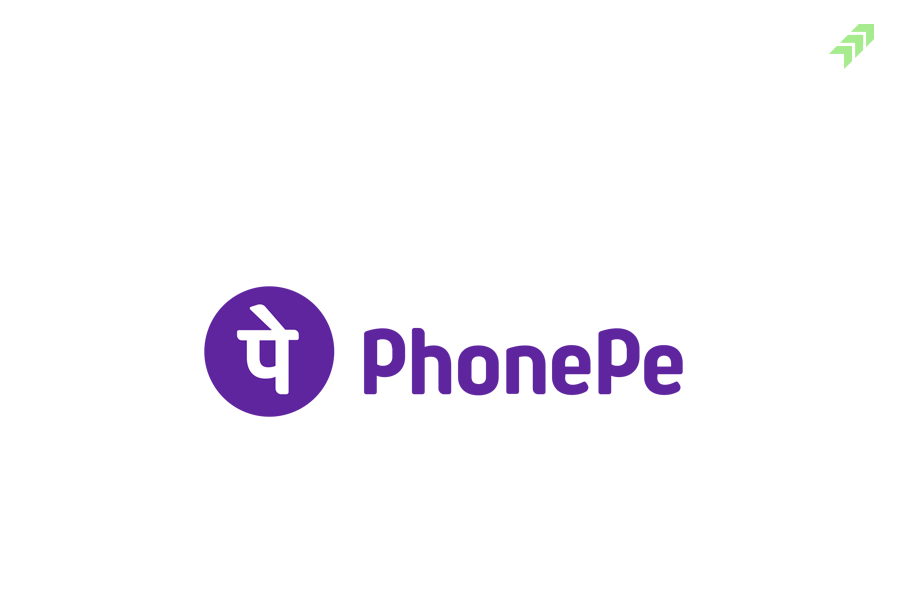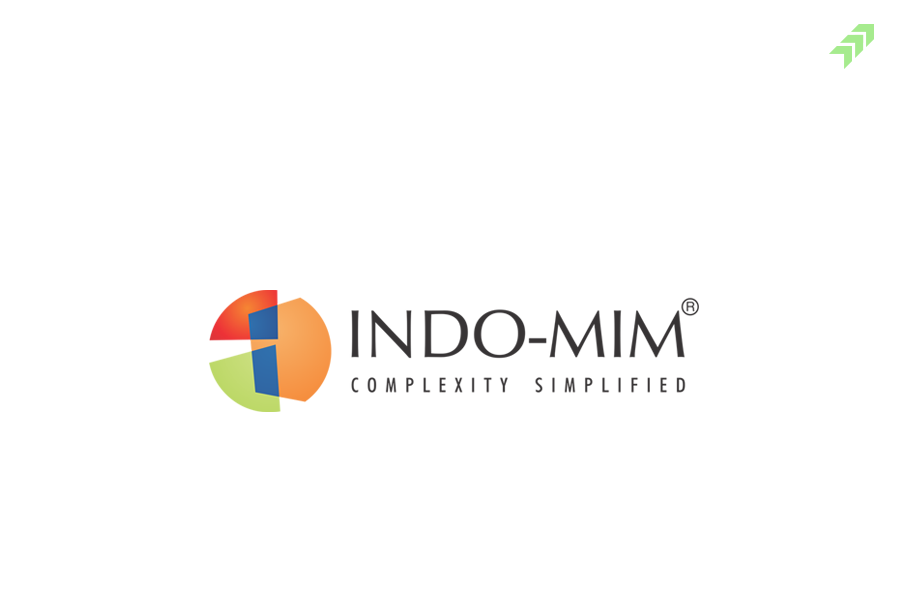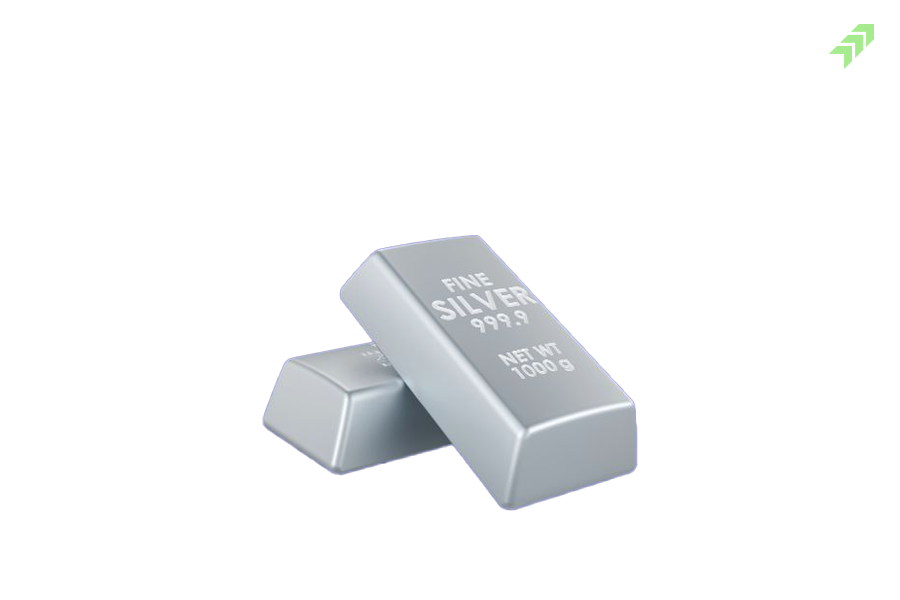Everyone, whether they categorize themselves as traders or investors in the stock market, uses some sort of tool or indicator to track the market, be it intraday or long-term. Trading indicators provide certain signs and trends in the stock market, like trend direction, momentum, strength, etc. These indicators help assess market conditions and enable traders to make better decisions regarding trade positions. Traders over the years, after rigorous checking and backtesting, have a shortlist of indicators that fulfill their trading requirements. You can use many of the basic indicators through your trading terminal, but professional traders who hold large portfolios make their own indicators by combining two or more indicators to make informed decisions, maximize profitability, and manage risk effectively. Some of the best indicators include the relative strength index (RSI), moving averages, stochastic oscillator, Bollinger Bands, and volume. No single indicator is the best indicator in itself, but combining them together in a sense can increase the level of conviction and help minimize risk.
Also read: How to do Intraday Trading?
What are the types of indicators?
- Trend Indicators: These help identify the direction of the prevailing trend. Examples include moving averages, MACD, DMI, and ADX.
Also read: How To Use Best Moving Averages for Intraday or Day Trading?
- Momentum Indicators: Measure the strength or momentum behind a price move. Examples include RSI, stochastic, rate of change (ROC), and money flow index (MFI).
- Volume Indicators: Incorporate volume with price changes. Examples are on-balance volume (OBV) and Chaikin money flow (CMF).
Also read: Best Volume Indicators for Day Trading
- Volatility Indicators: Measure price fluctuations over time. Examples include average true range (ATR) and Bollinger bands.
- Oscillators: Fluctuate between two extreme levels to identify overbought or oversold levels. Examples include RSI, stochastic, and Williams %R.
- Pattern Recognition: Look for repeating patterns in price action. Examples include candlestick patterns and chart patterns.
Also read: What are Candlestick and its types?
- Support/Resistance: Identify price levels that historically reverse price direction.
- Gaps: unfilled areas on a chart that sometimes attract price. Examples are breakaway, runaway, and exhaustion gaps.
- Channels: price movements confined within trendline or moving averages.
- Consensus Indicators: aggregate the opinions of multiple indicators. Examples are composite indexing and trade triangulation.
- Cycles: Based on periodic price behavior. E.g., Elliot Wave Theory, Gann angles, Fibonacci retracements.
Some of the Best indicators for intraday trading
- Moving Averages: Simple and exponential moving averages are very common for short-term trend identification. The 5, 10, 20, 50, and 200 period MAs are often used.
- MACD (moving average convergence divergence): measures momentum and spotting possible trend changes. Uses 12, 26-period EMAs and triggers on crossovers.
Also read: How to Identify Trend in Stock Market
- RSI (Relative Strength Index): Measures overbought or oversold levels on a scale of 0-100. Trades bounce off 30/70 levels.
- Stochastic: Another overbought or oversold oscillator. The fast K indicator looks for crosses of the slow %D line.
- Bollinger bands measure volatility based on the standard deviation. Trades bounce off the upper and lower bands.
- Volume: spikes or fading volume accompany moves and trend changes. Also used with VWAP and OBV.
- Ichimoku Cloud: Includes several elements to analyze momentum and support/resistance in one view.
- Awesome Oscillator: Measures market momentum by calculating the difference between a 34-period and 5-period simple moving average.
- ADX (average directional index): measures trend strength on a scale of 0-100. Look for crosses above 20 to confirm trends.
- CCI (Commodity Channel Index): measures if the price is above or below the average price level for a given period. It works well with pivots.
The stock market keeps moving mainly between the three trends downtrend, upward trend and sideways trend in different timeframes. Traders uses above mentioned indicators to create their trading strategies for day trading or create short-term positions in stocks with the combination of technical analysis.
Moneysukh offers one of the best trading platforms to trade in the stocks, commodities and forex market as per the trend in the market. Along with one of the leading broking companies, it is a discount broker in India offering an online trading platform for all types of investors or traders to use the stock market application for trading and investing.
Also Read: What to Know Before Investing in Stocks: 10 Things to Consider
Apart from discount broking services, Moneysukh also provides online trading software for Algo-trading with the best Algo-trading strategies for investors to choose the right trading strategy as per the market trend. Using Moneysukh’s trading app you can invest or trade in equities, commodity markets or currency markets at the cheapest brokerage fees.
Also Read: What are the Most Popular & Profitable Algo Trading Strategies
Hence, to start trading or investing as per the market trend, just apply here to open the trading account and demat account. Along with trading, a demat account and the best trading app for beginners, you will also get recommendations and tips to buy or sell stocks or create trading positions in the F&O market with the best options strategies. A team of analysts and market experts are working here to help clients make some extra money from the stock market.


















No comment yet, add your voice below!